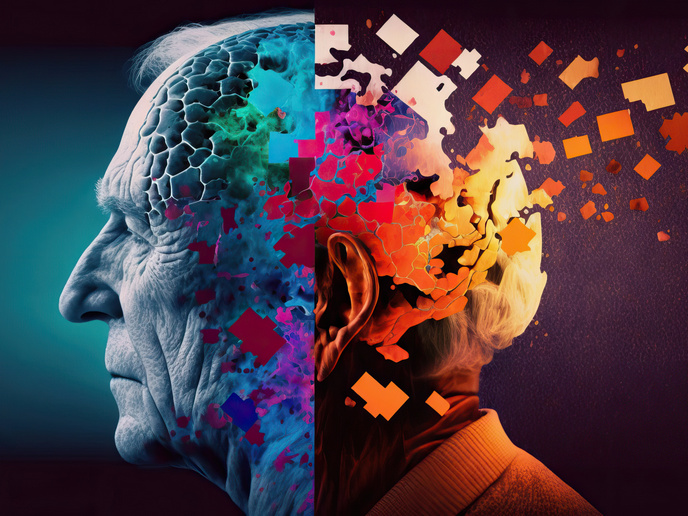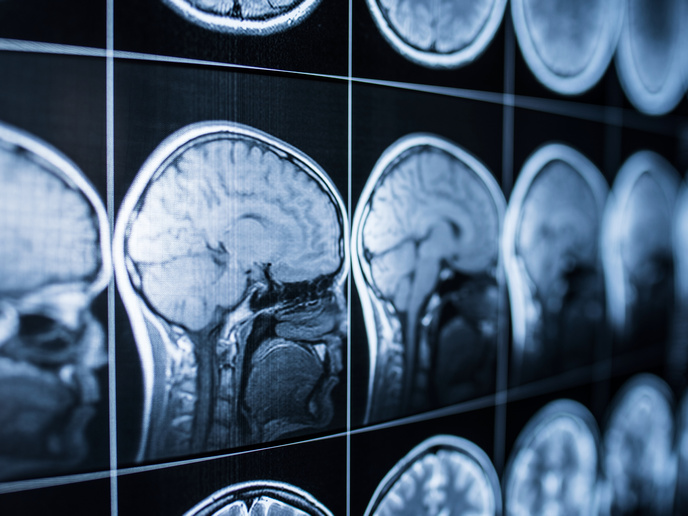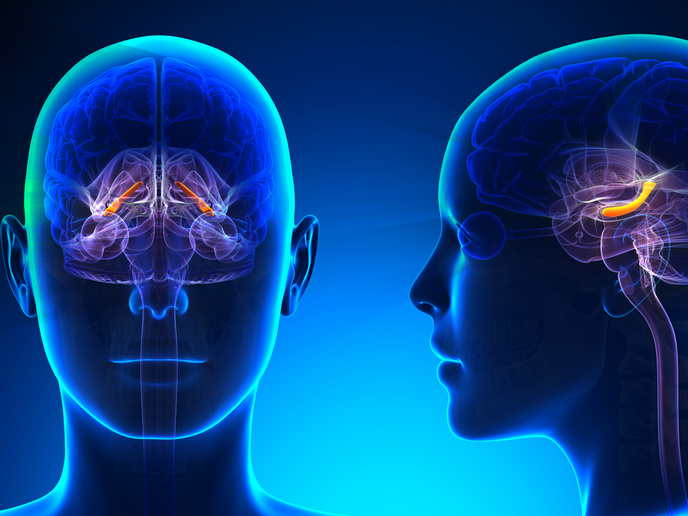How emotion modulates cognition
A better understanding of psychiatric disease can in part be derived from determining how emotions influence human cognition. EMOTIONCOG (Exploring the effects of emotion on human cognition) was an EU-funded project that led to many discoveries to help advance this understanding. Findings relevant to the properties of the amygdala, the part of the brain involved in emotional processing, showed that it evolved to enable a rapid detection of threat. Work included recording human intracranial electrophysiological data from patients who have epilepsy. It was shown that fast amygdala responses are limited to low spatial frequency components of fearful faces. This pathway may also constitute an important neural substrate for models of non-conscious processing in anxiety disorders and the generalisation of fear responses. These responses cannot be observed with magnetoencephalography recordings, which is a non-invasive electrophysiological technique for recordings in healthy volunteers. Furthermore, since the amygdala is a structure located deep in the brain, it was confirmed that amygdala responses cannot be observed with scalp recordings. Memory enhancement for emotional stimuli depends on the adrenergic system in the brain. EMOTIONCOG discovered that this system also upregulates memory for stimuli requiring a motor response. This observation may have important implications for developing methods to improve learning in healthy individuals as well as individuals with memory disorders. Results will be useful for the general public and health practitioners as the advancements have a direct impact on understanding human disease and in designing future therapies.







